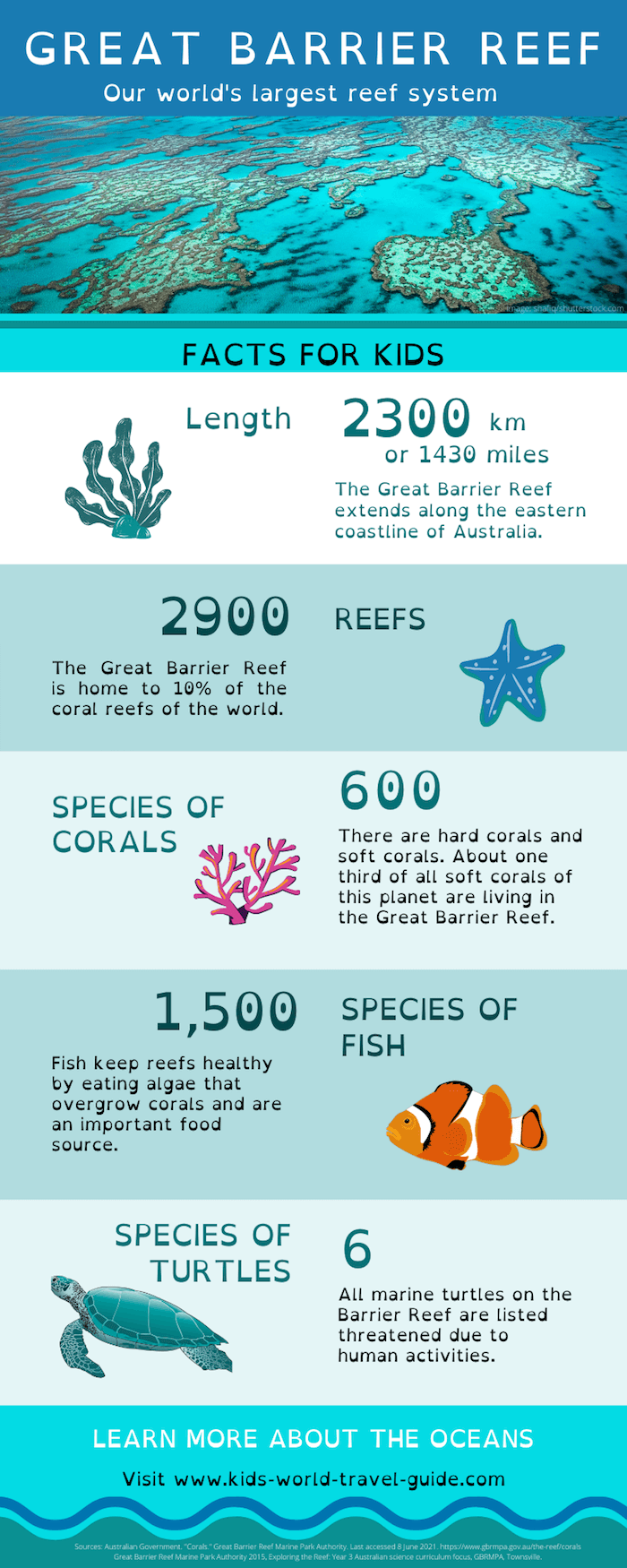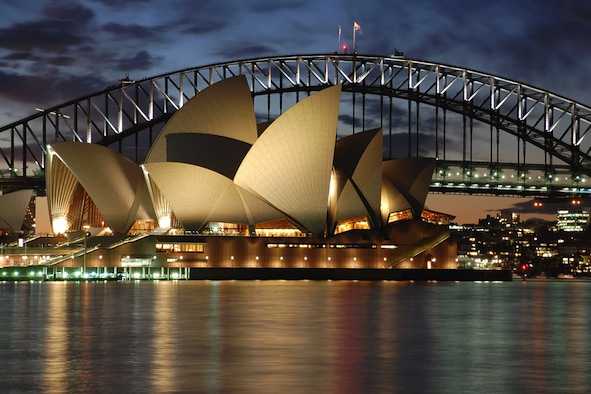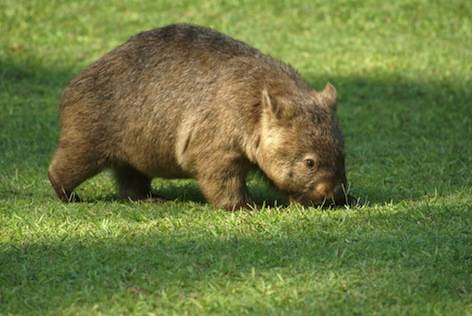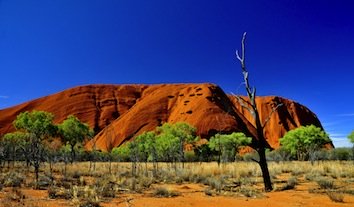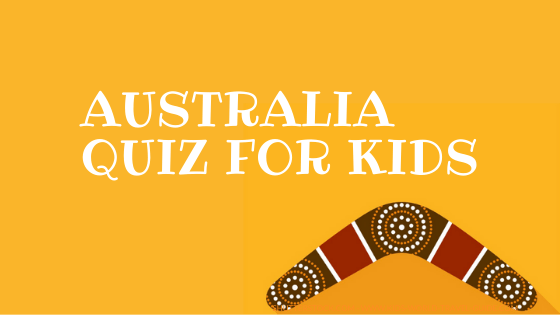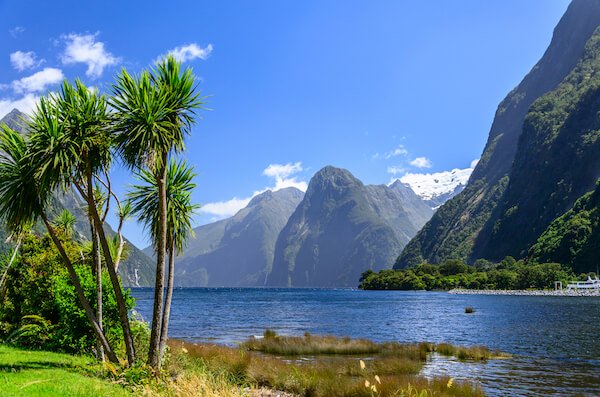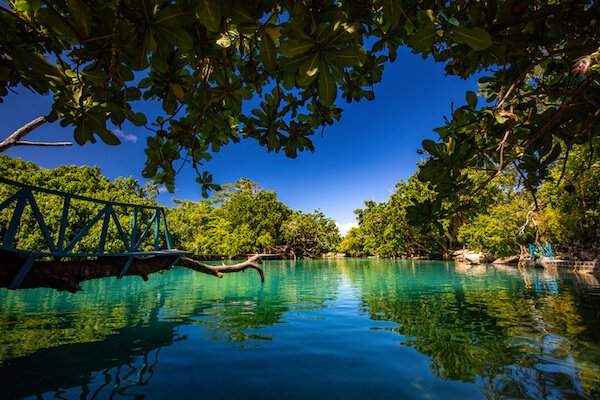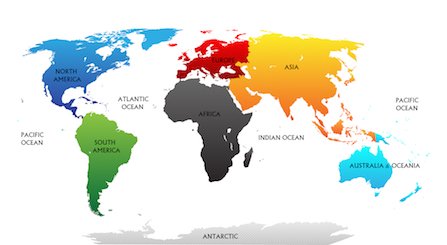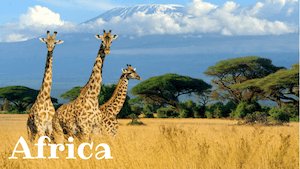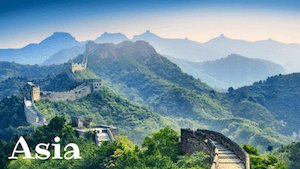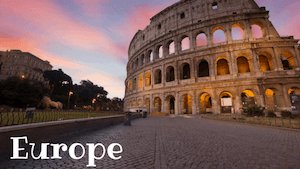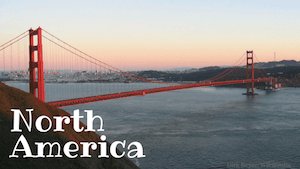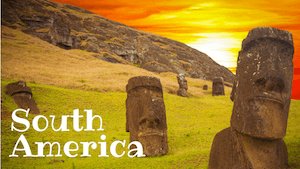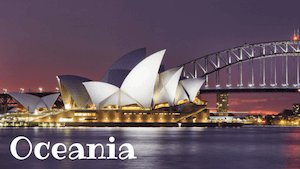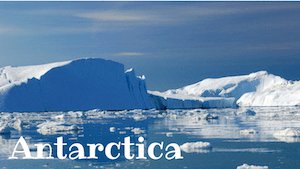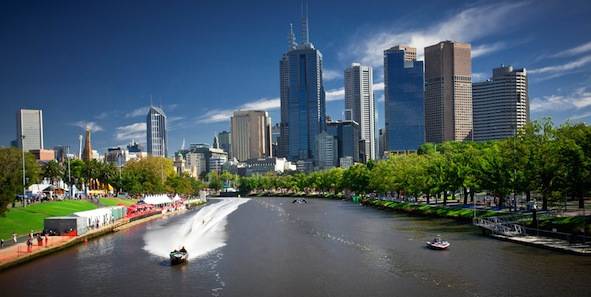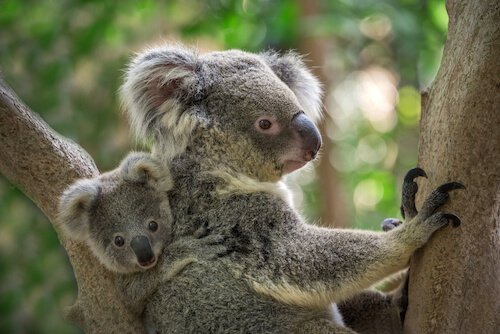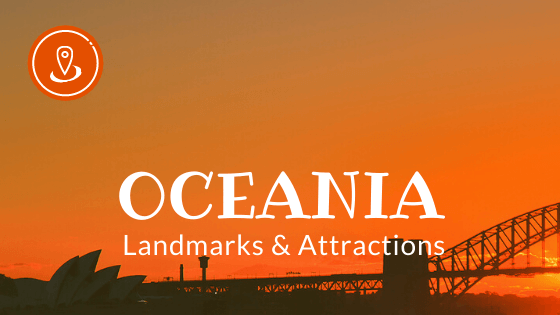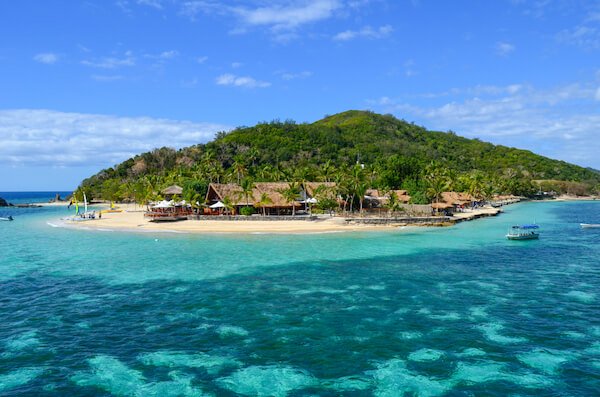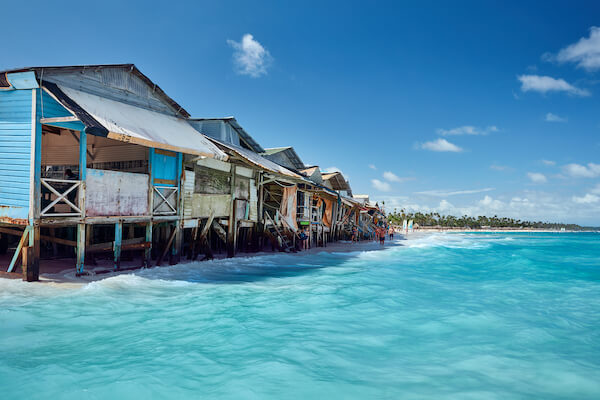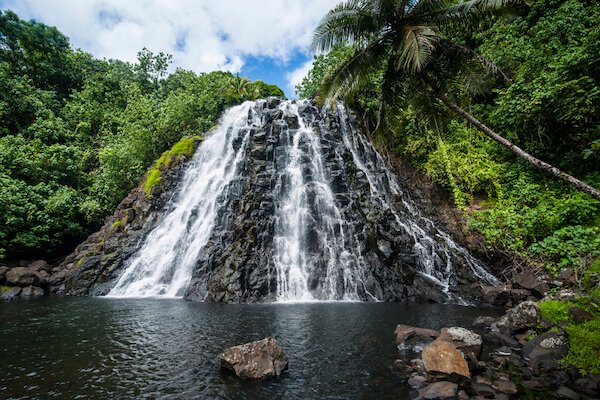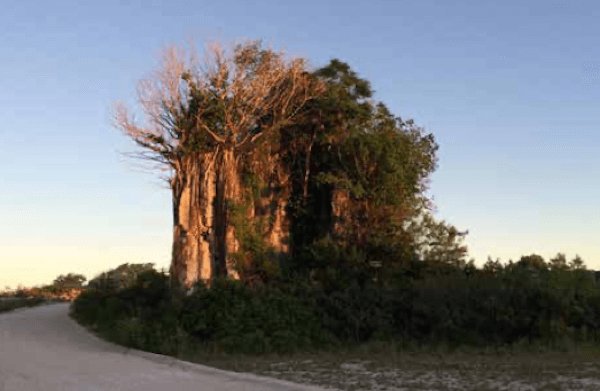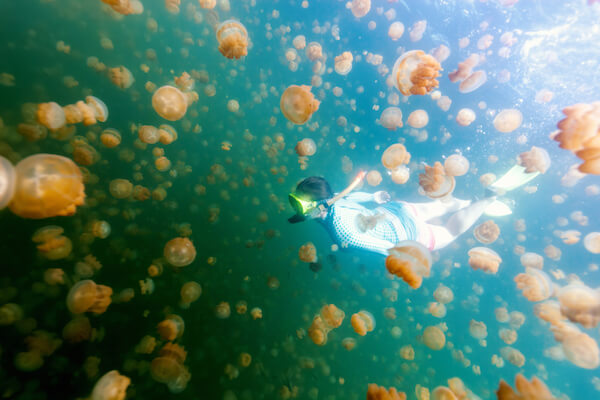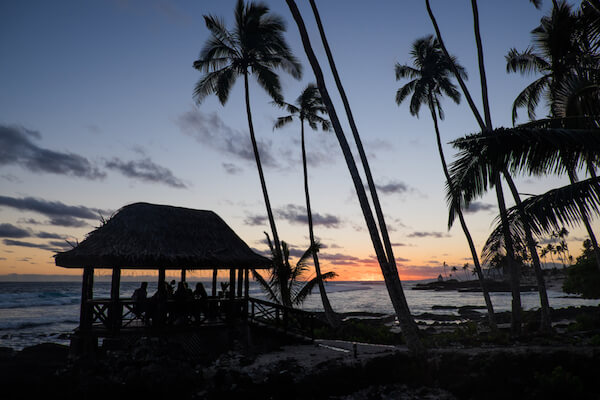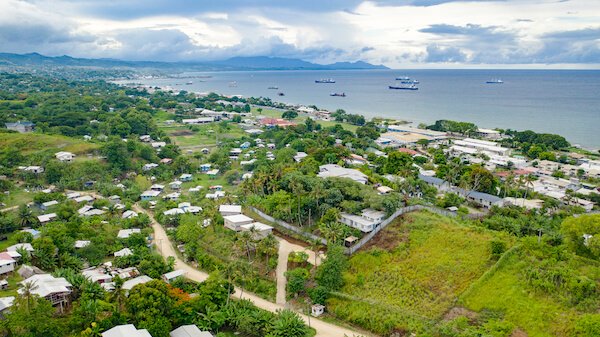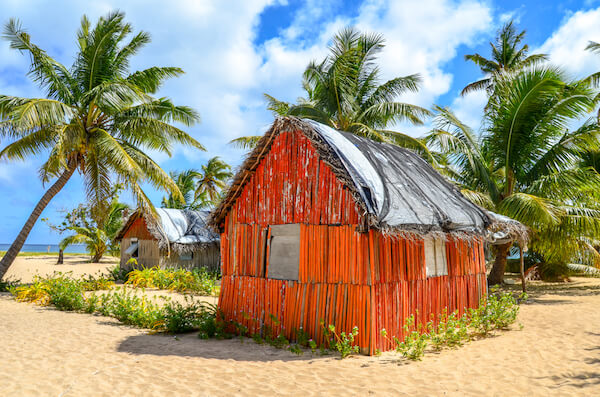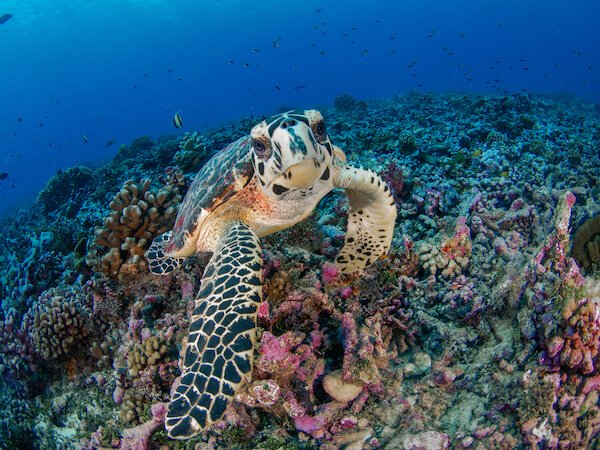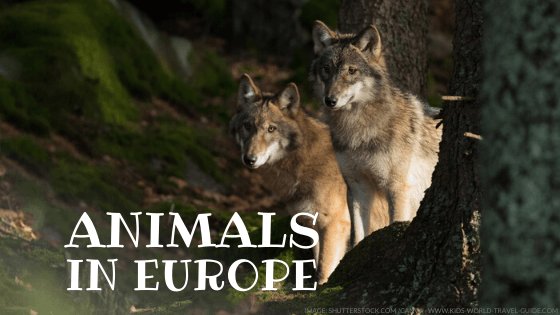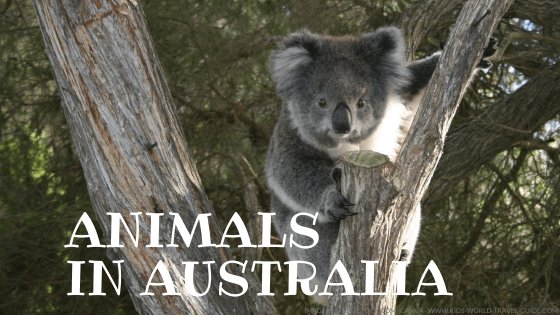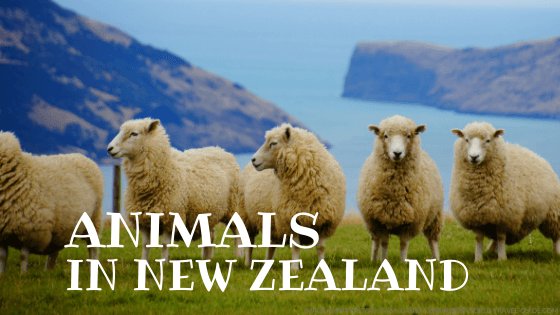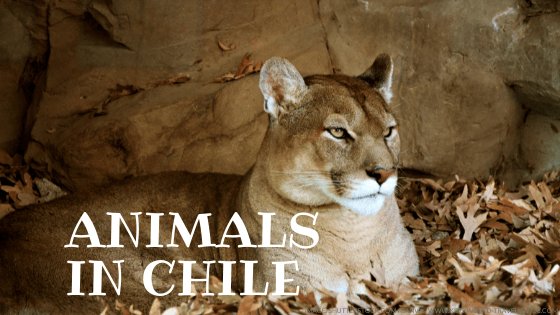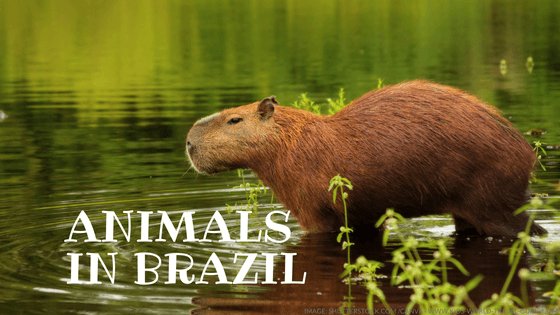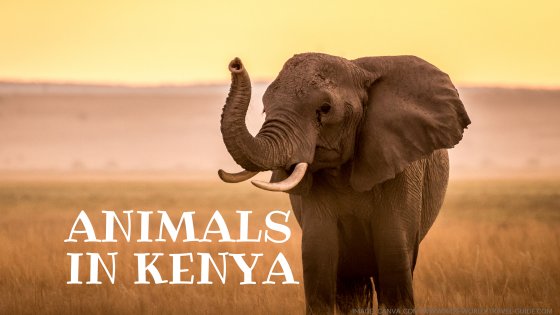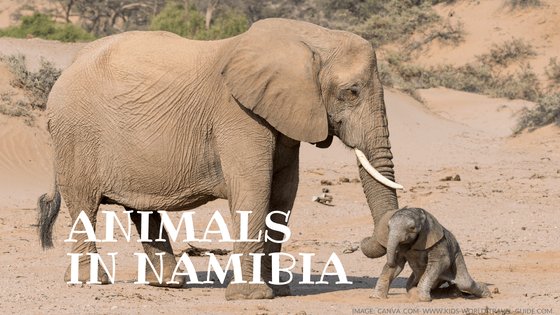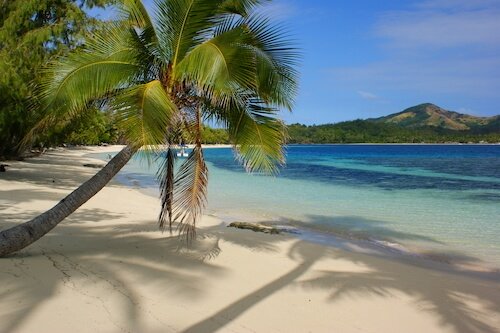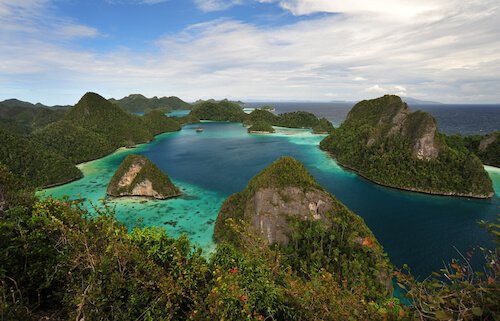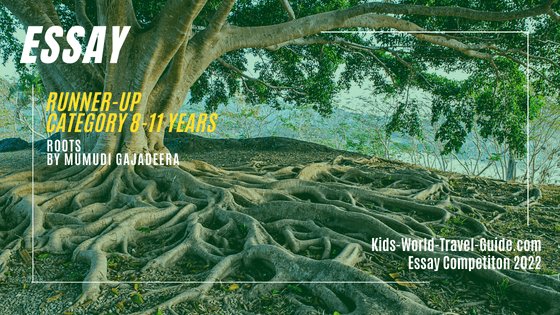Landmarks in Australia
Do you know all these amazing landmarks in Australia and Oceania? The natural landmarks and physical features as well as man-made attractions that we show below are well known for their unique locations, awe-inspiring natural features or outstanding design and architecture.
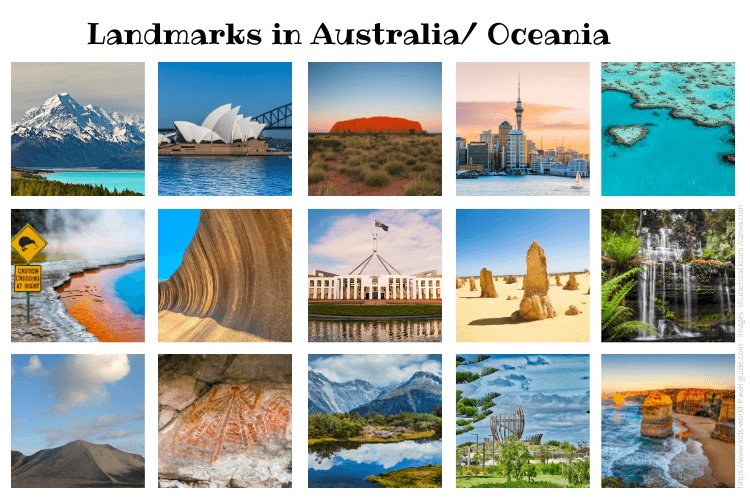 Some of our favourite landmarks in Australia and Oceania
Some of our favourite landmarks in Australia and OceaniaOceania comprises not only the continent of Australia but also a number of other countries that belong to the region and thus Oceania houses a vast number of attractions and landmarks.
There are 21 UNESCO world heritage sites in Australia alone and many more exist in the whole region of Oceania which also includes Papua New Guinea and New Zealand. Here are some of our favourite monuments and famous landmarks in Australia/ Oceania.
Top 20 Landmarks in Australia and Oceania
We choose the following landmarks in Australia / Oceania as they are attract a huge number of visitors to the region each year.
All these landmarks are major tourist attractions in Oceania and your kids will love to explore these sites with you.
1 | Uluru
Uluru, also referred to as Ayers Rock, is the largest single rock in the world. This oval shaped monolith is located in the outback, the 'red centre' of Australia.
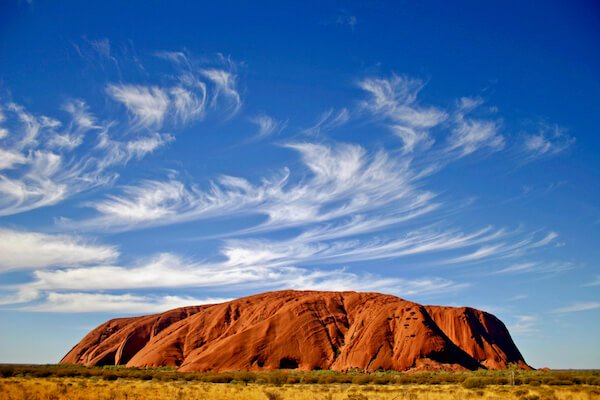 Uluru
UluruUluru has a height of only about 348 m/ 1,142 ft but a circumference of almost 10 km/ 6 miles.
Uluru rock is a holy place to the Anangu, the Aboriginal people living in the area. Visitors are asked to respect their culture and since October 2019, it is not allowed to walk or climb on this sacred rock.
2 | Kata Tjuta
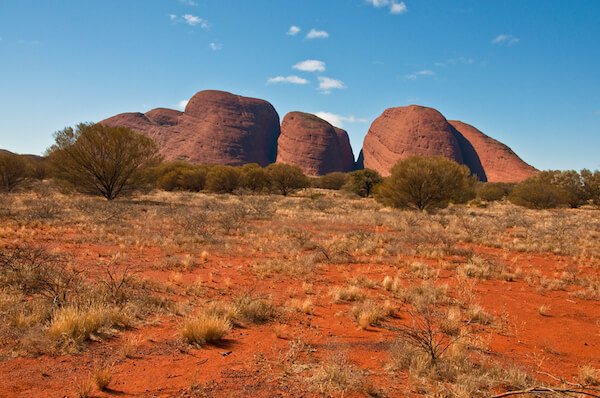 Kata Tjuta
Kata TjutaThe rock domes to the west of Uluru are part of this UNESCO world heritage site. The cultural centre in the combined Uluru-Kata Tjuta national park provides plenty of information on the historical and cultural significance of the area. There are many hikes in this park and viewing points of the majestic and inspiring landscape.
3 | Bungle Bungle| Landmarks in Australia
These fascination rock formations are located in Purnululu National Park in Western Australia. The beehive shaped domes are another world heritage site and the multicolour rocks are located in the southern end of the national park.
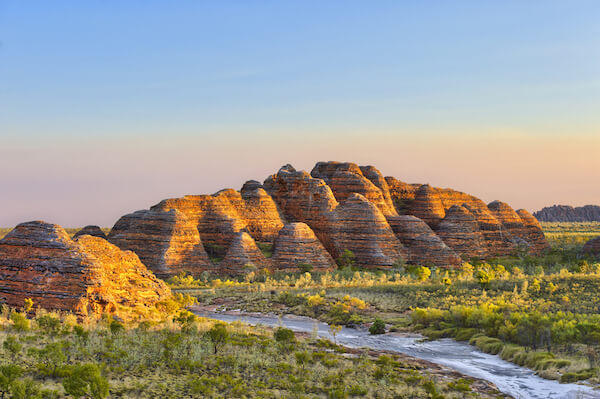 Bungle Bungles
Bungle BunglesThe domes walk is a short one hour trail through the red and black striped domes. There are also several gorges and stunning views to enjoy.
4 | Wave Rock | Landmarks in Australia
Wave rock is a granitic inselberg in the outback of Western Australia. The 110 m/ 360 ft long and 15 m/ 50 ft high wave cliff look like a gigantic wave. This rock formation is over 2,700 million years old.
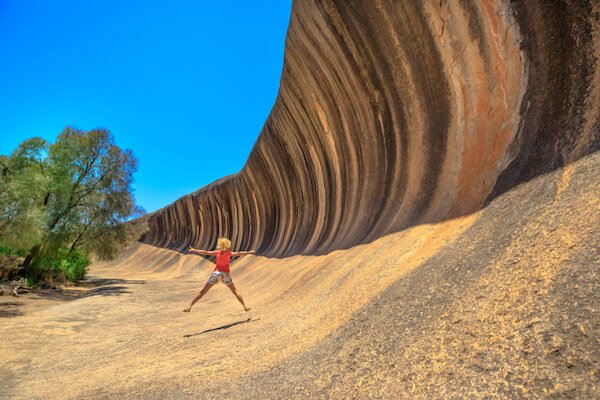 Wave Rock in Australia
Wave Rock in AustraliaWave Rock is located about four hours northeast of Perth. There are various hikes and walks around the very unique landform.
5 | Karlu Karlu or Devil's Marbles
Karlu Karlu means 'round boulders'. The gigantic boulders are one of the major landmarks of the Australian outback.
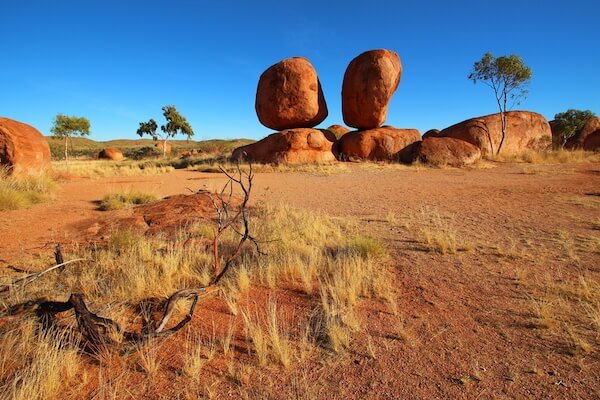 Karlu Karlu
Karlu KarluThese granitic boulders or 'marbles' were formed from molten rock underneath a sandstone layer. Over time water rounded these rocks which now look like balancing on each other.
Landmarks in Australia: The Karlu Karlu rocks are located about 400 km/ 248 miles north of Alice Springs.
6 | Great Barrier Reef | Landmarks in Australia
The Great Barrier Reef houses the world’s largest coral reef system. This reef system consists of over 3,000 reefs and islands. It stretches over 2,600 km/ 1,615 miles along the eastern coastline of Australia.
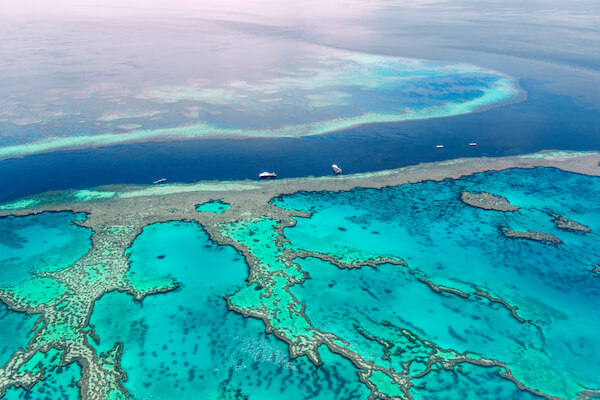 Great Barrier Reef
Great Barrier ReefThe reefs are built by billions of tiny organisms and thus the Great Barrier Reef is the largest structure in the world that has been built by living creatures.
Climate change, pollution and overfishing are big threats to the reef. About two thirds of this huge reef already contain bleached and dead corals. See more detailed Barrier Reef Info here:
7 | Sydney Harbour | Landmarks in Australia
Australia's largest city has been built around a natural harbour called Port Jackson. The Sydney harbour area houses some of the most admired architecture in the country. Among the most popular sites of Sydney are the Sydney Harbour Bridge and the iconic Sydney Opera House. Read more about these attractions here.
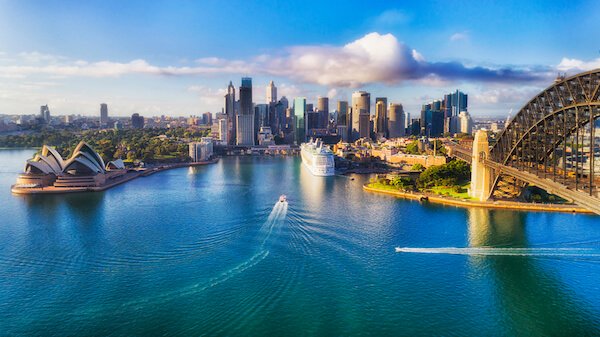 Sydney Harbour
Sydney HarbourFerries departing Circular Quay connect the suburbs to the south and north of Sydney harbour.
More Landmarks in Australia: There are about 70 beaches along the Sydney coastline, among them popular Palm Beach and Manly Beach along the northern shore, Coogee Beach and Bondi Beach along the southern coastline.
8 | Blue Mountains | Landmarks in Australia
The Blue Mountains are part of the Great Dividing Range, Australia's longest mountain range. Many of the walking trails and outlooks in the Blue Mountains are easily reached on a day tour from Sydney.
The Three Sisters are one of the most visited sites. The unique rock formation stands more than 900 m/ 2,952 ft tall and the story of the landmark refers to an Aboriginal legend of three sisters who turned to stone.
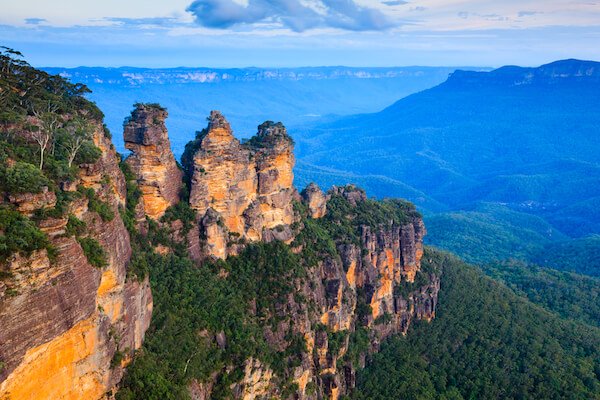 Three Sisters in the Blue Mountains
Three Sisters in the Blue MountainsThe Great Dividing Range is the longest mountain range in Australia and consists in fact of various mountain ranges, highlands and escarpments - among them the Blue Mountain and the Snowy Mountains.
The Great Dividing Range stretches along the eastern parts of the country over 3,500 km/ 2,175 miles. Australia's Great Dividing Range is the fifth longest mountain range in the world.
9 | Snowy Mountains or 'Snowies'
The Snowy Mountains are located in the southern region of the Great Dividing Range. Mount Kosciusko is the highest mountain of the Great Dividing Range.
Australia's highest mountain peak is 2,228 m/ 7,310 ft high. Snow falls are expected from June to September in the 'Snowies', as the Australians call this alpine region.
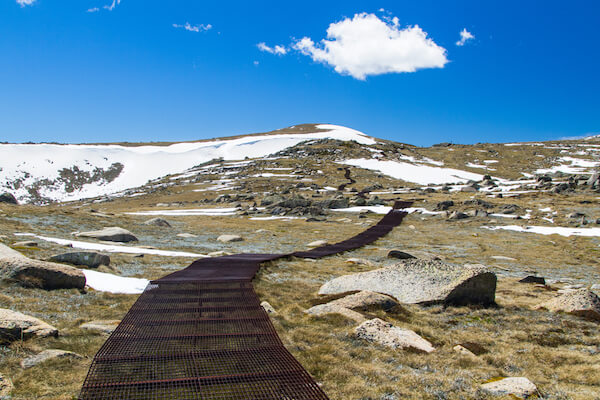 Mount Kosciusko in the Snowy Mountains
Mount Kosciusko in the Snowy MountainsThe highest mountains of Australia are located in eastern Victoria and southern New South Wales and are often referred to as the Australian Alps.
The five highest mountains of Australia are all over 2,100 m/ 6,889 ft high and located in the Snowy Mountains.
10 | Canberra Parliament House
Canberra Parliament House is located on Capitol Hill in the Australian capital city of Canberra. The Australian members of Parliament meet here.
Parliament House was built in the 1980s and houses around 4,500 rooms. The flag mast with the Australian flag marks the centre of the building and is 81 m/265 ft high. The flag on the mast is about the size of a double-decker bus!
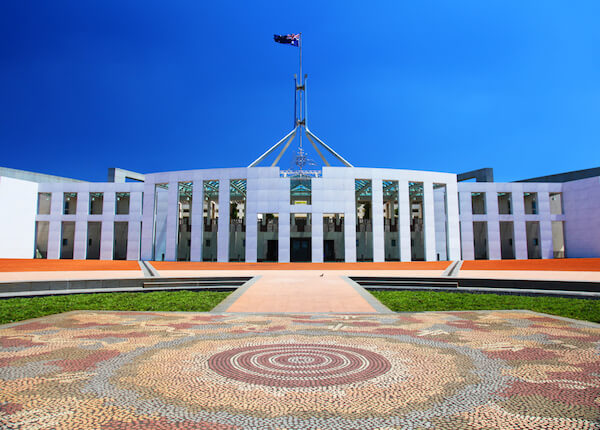 Parliament building in Canberra
Parliament building in CanberraThe Australian Parliament House was officially opened by Queen Elizabeth II on 9 May 1988.
Canberra was established as the capital city of Australia only in 1913 and is an entirely planned city similar to Washington D.C./ USA or Brasília/ Brazil.
11 | Giant Eucalyptus Trees in Tasmania
The giant trees on Tasmania island are known as the world's biggest flowering trees. The 'kings of the eucalyptus trees' are so huge in volume that they equal the volume of three Boeing 737-300 airplanes while branches alone look as large as regular trees!
These trees are also tall and can reach up to 100 m/ 328 ft. in height. Sadly many of these trees were burnt in the bushfires of the recent years.
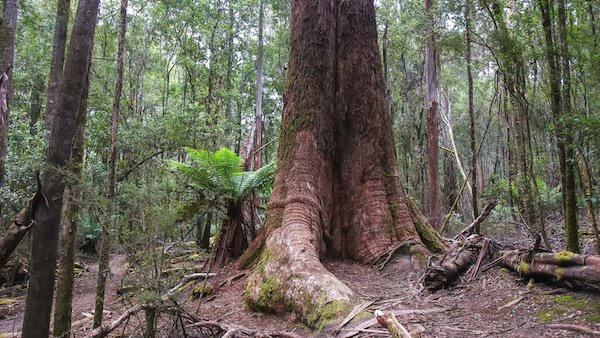 Gum trees in Tasmania
Gum trees in TasmaniaThese trees are the tallest trees in the Southern hemisphere and the second tallest trees in the world - after the redwood trees in California/USA.
12 | The Great Australian Bight
The Great Australian Bight is a massive open bay in Southern Australia and originates from the time of the separation of Gondwana from Antarctica about 50 million years ago.
The huge limestone cliffs in south-eastern Australia are up to 60 m/ 200 ft high.
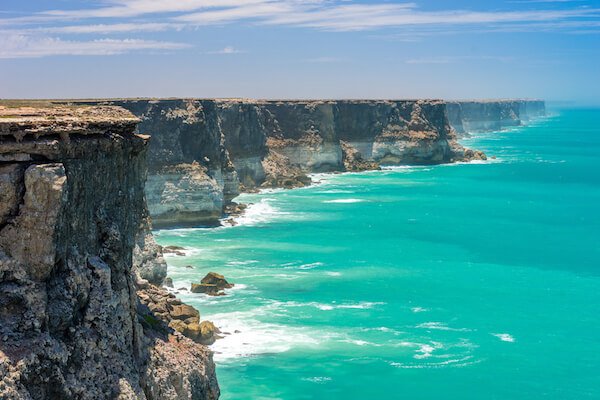 Limestone Cliffs
Limestone CliffsMore landmarks in Australia: Along the Great Ocean Road in Victoria, you will find the 'Twelve Apostles' which are huge limestone stacks along the coastline that were formed by erosion.
The Twelve Apostles are now down to only 8 limestone stacks which are about 45 m/ 150 ft in height.
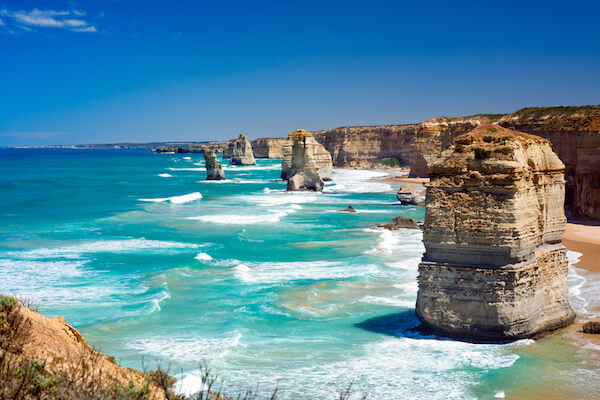 Twelve Apostles
Twelve Apostles13 | Ubirr Rock Galeries
The rock galleries at Ubirr in Kakadu National Park show some of the most important rock art paintings of aboriginal people. The rock art in the galleries is famous for the x-ray painting of local food sources and contact art that the tell stories of the indigenous people meeting the first white settlers.
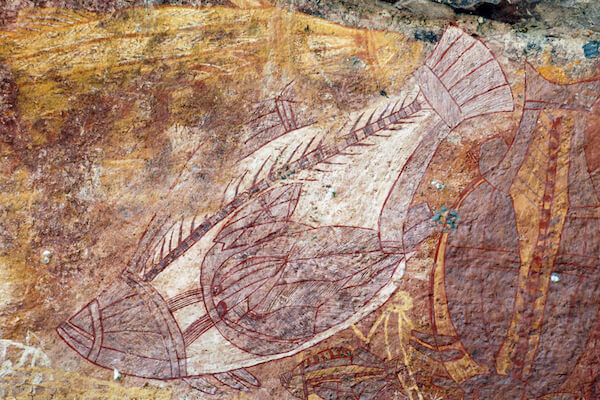 Ubirr rockart in Kakadu National Park
Ubirr rockart in Kakadu National ParkThe Aboriginal people of Australia tell their stories with paintings and these ancient rock paintings are seen as an expression of connection with nature of the Aboriginal people.
Rock art is important for the cultural identity. The Aboriginal paintings show animals they hunt, objects they cherish and activities they do.
14 | Pinnacles Desert | Landmarks in Australia
In Western Australia when driving up the coast along the Indian Ocean, the limestone formations known as pillars or pinnacles in the desert are another famous sight in Australia. In the Pinnacles Desert you can encounter kangaroos, sand goannas (large monitor lizards) and emus.
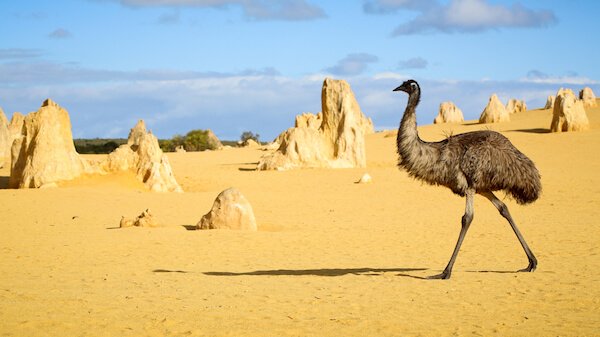 Pinnacles
PinnaclesThe Pinnacles Desert is located in Nambung National Park. A large discovery centre in the park will tell you all about the geology of the pinnacle formation and the cultural and natural heritage of the area.
Find out more about the World's deserts on our separate page here.
15 | Auckland Sky Tower
The sky tower in New Zealand's largest city Auckland is one of the country's famous landmarks. The communication and observation tower is 328 m/ 1,076 ft tall and has three levels of observation decks.
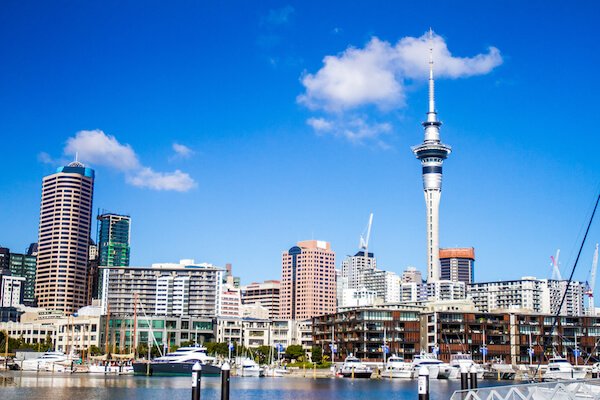 Auckland
AucklandThe tower is part of an entertainment complex including a casino, a hotel and several restaurants. The Sky Tower was built between 1994 and 1997.
The tower was constructed to withstand winds of up to 200 km/h or 120mph or an earthquake with magnitude of 8.0.
16 | Milford Sound/ Piopiotahi
Milford Sound on New Zealand's South Island is one of the most visited sites in Oceania. Milford Sound is called Piopiotahi in the language of the indigenous Maori people. The Milford Sound Marine Reserve houses one of the ten fjords of the Fjordlands National Park and runs about 15 km/ 9 miles inland from the Tasman Sea.
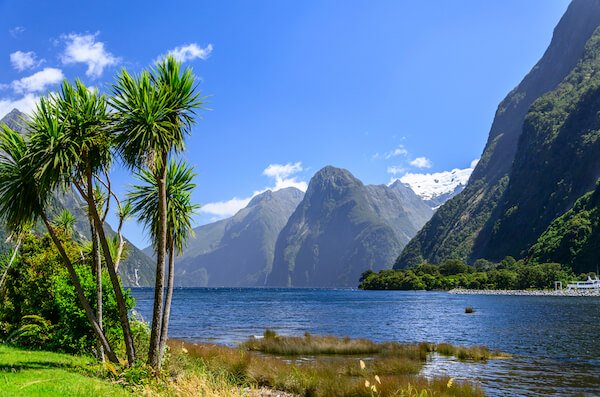 Milford Sound
Milford SoundTwo of the peaks that surround the fjord are called 'The Elephant' and 'The Lion' for their resemblance to an elephant's head and a crouching lion.
Milford Sound is easily accessed on day trips from Queenstown or Te Anau.
17 | Aoraki/ Mount Cook
Aoraki or Mount Cook is the highest mountain of New Zealand. Āoraki is the indigenous name given to the mountain by the Ngāu Tahu people who were the first settlers in the area. The name Mount Cook originates from the explorer J. L. Stokes who in 1851 renamed the mountain in honour of Captain James Cook. Since 1998 both names are officially recognised.
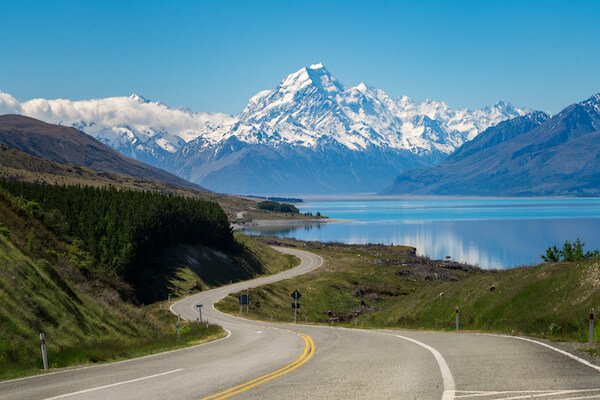 Aoraki and Lake Pukaki
Aoraki and Lake PukakiIn Aoraki/Mount Cook national parks there are 19 peaks that are higher than 3,000 m/ 9,842 ft! Glaciers cover about 40% of the park.
To the Ngāu Tahu people this mountain is sacred and should not be climbed on. There are several hiking trails in the national park.
18 | Wai-O-Tapu
New Zealand is also known for its many geysers and hot springs. Wai-o-tapu is the Maori name for the thermal springs near Rotorua on North Island. Wai-o-tapu means 'sacred waters'. The geothermal area is known for its Lady Know Geyser and boiling, steaming and bubbling mud pools such as the Champagne Pool you see below.
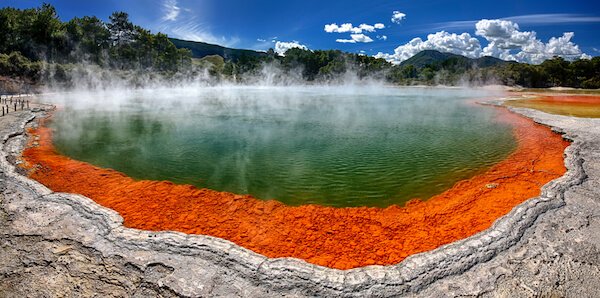
Read our New Zealand Facts for Kids here.
19 | Tjibaou Cultural Centre in Noumea
This landmark is located in the capital city Nouméa of the French territory New Caledonia. The Jean-Marie Tjibaou Cultural Centre showcases the indigenous culture and history of New Caledonia.
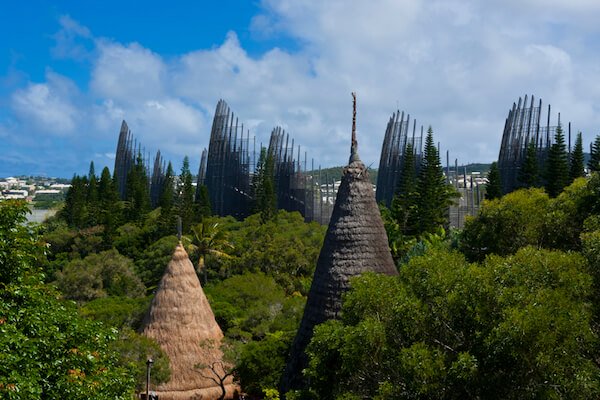 Tjibaou Cultural Centre
Tjibaou Cultural CentreThe indigenous people on the island are the Kanak people. The museum's design imitates the shape of the traditional huts of the Kanak people.
The museum was built by Italian architect Renzo Piano, who also designed the Centre Pompidou in Paris/ France. This cultural centre was named after Jean-Marie Tjibaou an independence fighter who was murdered in 1989.
20 | Mount Yasur on Vanuatu
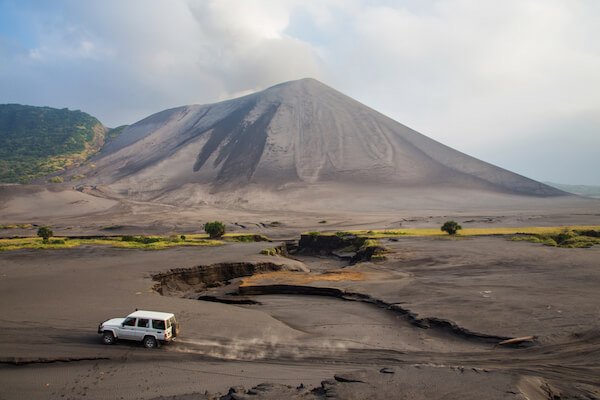 Vanuatu Volcano
Vanuatu VolcanoMount Yasur is one of the most active volcanoes of Vanuatu. It is located on Tanna island.
About 300 000 tourists visit Vanuatu every year - this is about the same number as the number of inhabitants on islands! Many tourists come also for the scenic landscape, traditional island living, tropical sandy beaches and clear blue lagoons.
Popular Pages
Landmarks in Australia | Resources
Our page on Landmarks in Australia includes these resources:
- UNESCO. "Australia." UNESCO Country Page. Last accessed 21 August 2025
- Parks Australia. "Cultural Centre." Uluru-KataTjuta National Park. Last accessed 21 August 2025
- Parks Australia. "Kakadu Rock Art." Kakadu National Park. Last accessed 21 August 2025
- Australia's North West. "Bungle Bungle Southern End." AustraliasNorthWest. Last accessed 21 August 2025
- Jennifer Ennion. "Guide to the Blue Mountains." Tourism Australia. Last accessed 21 August 2025
- Blue Mountains Australia. "Three Sisters - Legend". BlueMts. Last accessed 21 August 2025
- Parliament of Australia. "Education Resources - Parliament House." Parliamentary Education Office. Last accessed 21 August 2025
- Sue Gough Henley. "Guide to the Twelve Apostles." Tourism Australia. Last accessed 21 August 2025
- New Zealand Government. "Aoraki/Mount Cook National Park." Department of Conservation. Last accessed 21 August 2025
- New Caledonia. Tjibaou Cultural Centre. NouvelleCaledonie. Last accessed 21 August 2025
- Bob Brown. "Tasmania's flowering giants: 'We will never see such trees again'." The Guardian. 14 December 2019. Last accessed 21 August 2025
Images on Landmarks in Australia: Shutterstock.com
Return from Landmarks in Australia to Kids World Travel Guide homepage
Like us on Facebook
More about Australia
More about Oceania
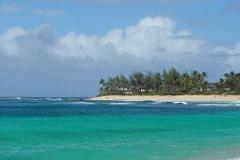 Pacific Ocean Facts
Pacific Ocean FactsMelanesia
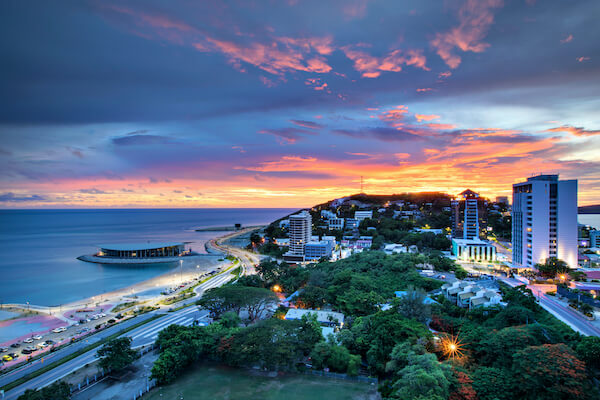 Papua New Guinea
Papua New Guinea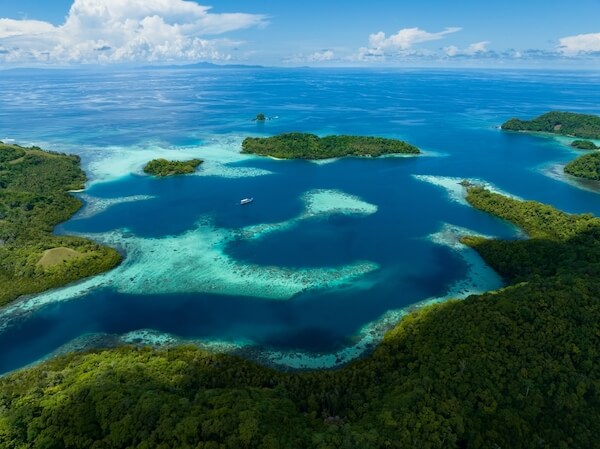 Solomon Islands
Solomon Islands